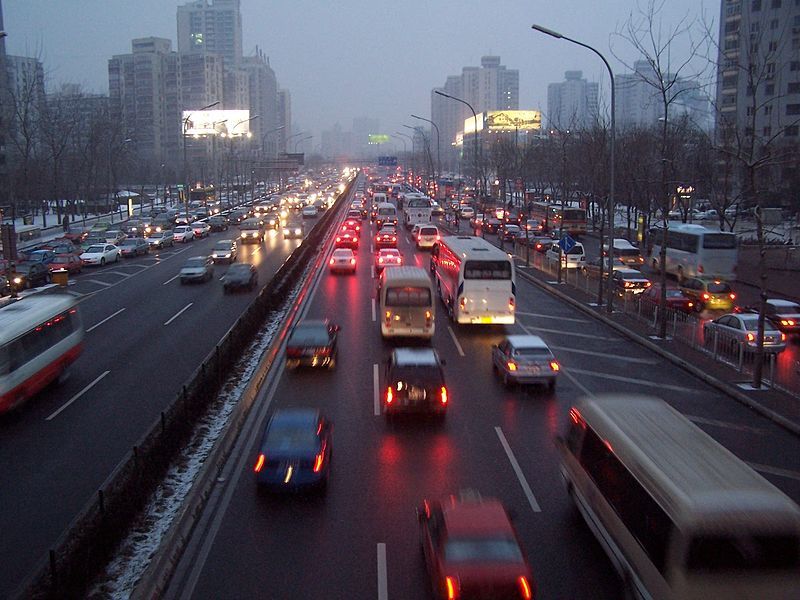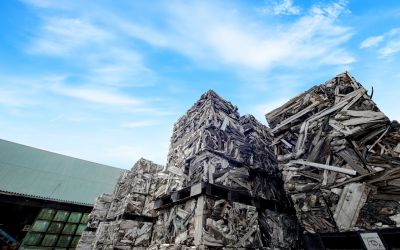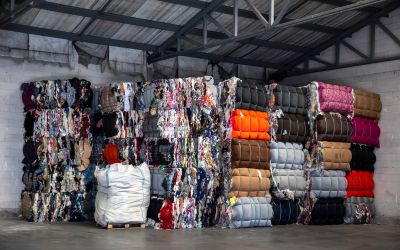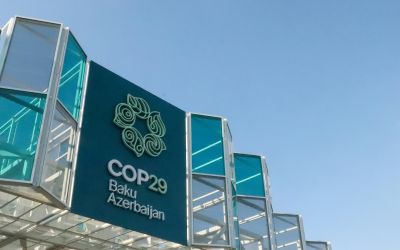Beijing’s municipal government has unveiled a Clean Air Action Plan with the aim of implementing a variety of measures the city will take over the next five years to control and limit pollution from vehicles.
The plan calls for a 5 per cent decrease in vehicle fuel consumption from 2012 levels by 2017 and the Beijing Municipal Commission of Transport is pursuing the a range of objectives in order for the Plan to generate positive results and limit carbon emissions being generated by transport.
The Commission is seeking to regulate the number of new cars unleashed on Beijing’s roads and by the end of 2017, the number of cars within the municipality of Beijing should be less than 6 million.
The promotion of public transportation is a central element of the Plan and the length of the metro system is projected to reach 660 kilometers by 2015. The mileage of the bus lane network is planned to be extended to 480 km by 2017 and there are also ambitious targets for the uptake of public transportation, which should account for 52 per cent of total travel and 60 per cent of total motorized travel by 2017.
Through the Plan, the Commission is also looking to significantly increase the number of public transport vehicles powered by clean technologies. In 2017, the proportion of buses powered by electricity, natural gas, and fossil fuels will reach the ratio of 2:5:3, respectively, within the city’s Fifth Ring Road. Furthermore, 200,000 new, clean energy vehicles will be deployed in the city by 2017.
Stricter motorized vehicle emission standards will also be applied and the Commission will accelerate the scrapping of older motor vehicles. At the end of 2015 vehicles that fail to meet the European 1 standard for exhaust emissions will also all be scrapped, according to the City Commission.
The targets indicate Beijing's continued efforts at greatly improving the city’s air quality, tackling a critical environmental and public health issue.







